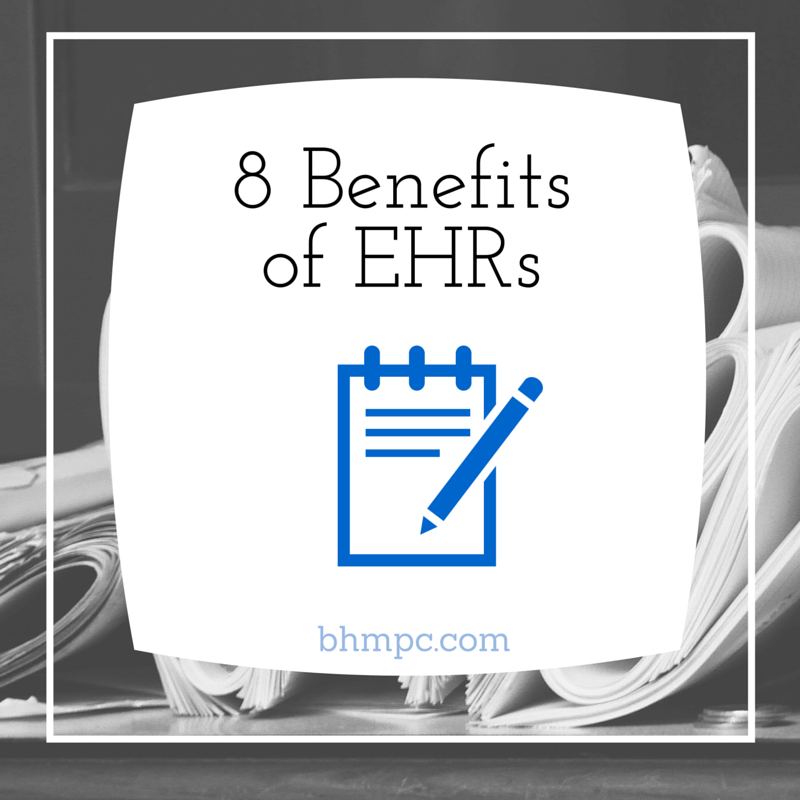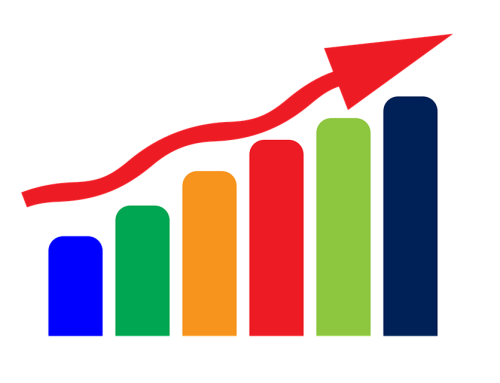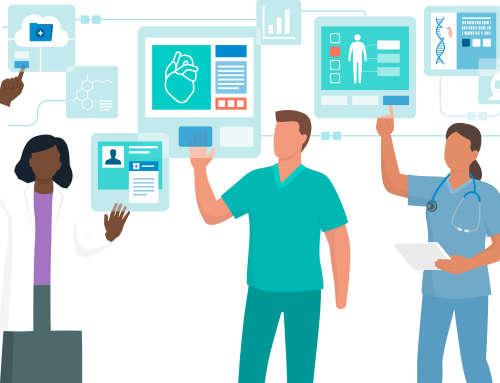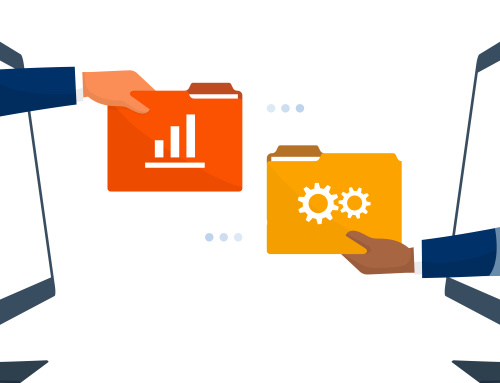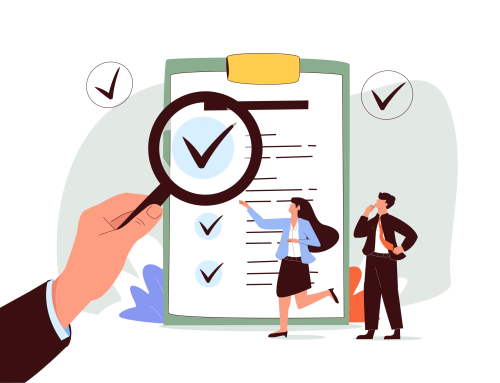Skeptical about making the switch to an electronic health record? Do you wish to improve upon your billing system management? Continue reading to learn some of the largest benefits of going electronic and decide for yourself in the end.
1. When you make this switch you will see that it is going to be much quicker for you to get your patient charting completed. Everyone knows that this is a must when it comes to billing, and being paid for your services. However, if your patient’s records are online you can complete them much faster. This means that you will be able to see patients much faster, or spend more time with the patients that you already have. Both of these scenarios will increase your bottom line.
2. Second, have you ever considered what would happen to all of your records if there was an emergency? Most people do not think about what will happen to all of the paper records that they currently have. This could be completely disastrous. But, that is not something that you will have to worry about if all of your health records are electronic. This is because they will be backed up in a secondary location. There is not going to be any reason for you to worry about losing them.
3. When it comes to electronic health records you will find that doctors will be able to decrease their expenses. They will not need to pay their staff to carry out unnecessary work. Their staff will be able to focus on patient care, and they will not have to worry about other tasks such as filing.
4. Another way that doctors will be able to save money is going to be related to storage. Have you ever considered just how much money you are spending on the storage of files? Paper files can take up a lot of room and they become very expensive when they have to be stored for years at a time. This is an expense that you will not have to pay for when you have electronic health records.
5. Better patient care is certainly something that has to be considered when it comes to electronic medical records. Just think about what you can do for your patients when you are able to quickly look at their file and bring yourself up to speed on their condition, or health concerns. If you are working with critical care patients, or even transplant patients, it will be very easy for you to keep up to date on care that may have took place years ago. You can even share files with the click of a button if they are receiving services for other professionals. This is completely necessary to ensure that your patients are getting the very best treatment, at all times.
6. Making referrals, or switching doctors, is now easier than ever. There is no reason to worry about files becoming lost and delaying services. Your patients will never have to wait on a new provider to receive their files before they can receive a test, or scan. This certainly helps to ensure that your patients are getting the best care, immediately. This can be the difference between life and death when it comes to some patients.
7. How many times have you tried to read a record that a doctor wrote for you? This can be complicated. It is often hard to understand what you are looking at. This only causes mistakes and can harm a patient. But, when health records are electronic this is not a concern that you will need to worry about. It becomes very easy to read all of the records. Again, this results in better, more efficient, patient care. What is nice about these records is that many software programs can also be programmed to help you identify when patients may be due for tests. This is a huge service and can save your staff a lot of time each day. The information is also invaluable to your patients.
8. Finally, if you are willing to go with electronic health records you will find that scheduling can become a breeze as well. Your patients may even be able to schedule their own appointments. This is another useful way to free up your staff’s time so that they can help you take care of the patients.
Making the switch to electronic health records certainly have their benefits. It certainly save both time and money in the long run and improves patient care. You simply have to be willing to make the switch.
Author: Danial Schwartz is a content strategist who sheds light on various engaging and informative topics related to the health IT industry. His belief in technology, compliance and cost reduction have opened new horizons for people in the health care industry. He is passionate about topics such as Affordable Care Act, EHR, revenue cycle management, and privacy and security of patient health data. He can be contacted at https://twitter.com/dschwartz20


